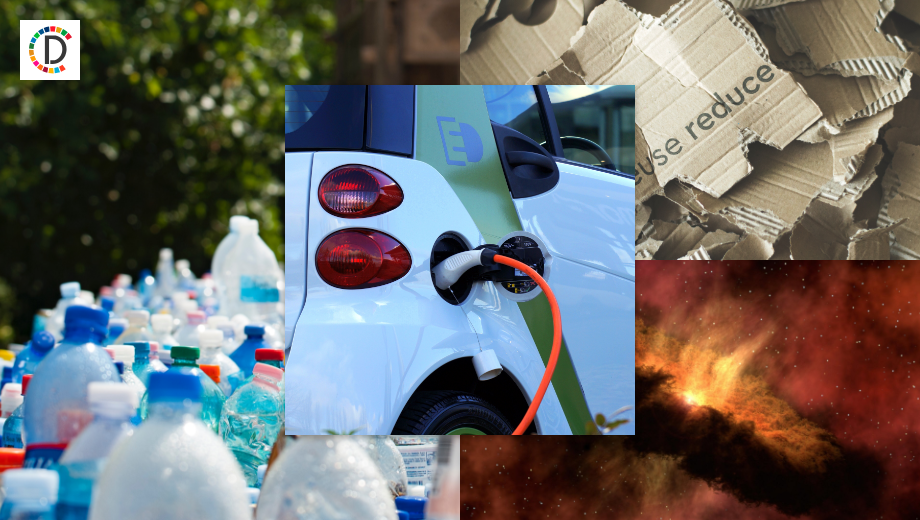India's Path to Energy Storage: Testing Facilities Crucial for Clean Energy Goals
In a push for clean energy, NITI Aayog's V K Saraswat calls for accredited testing facilities for battery energy storage. With a 2030 target of 238 gigawatt hours, he highlights gaps in testing infrastructure and the need for uniform standards. Third-party testing is recommended till government facilities are established.

- Country:
- India
At the FICCI Energy Storage Conference 2024, NITI Aayog member V K Saraswat recommended the creation of nationally accredited testing facilities for battery energy storage systems. He emphasized the importance of such infrastructure for achieving India's ambitious clean energy transition by 2030.
Saraswat cited a need for universal standards across all energy storage types. Currently, India's testing facilities are insufficient to verify compliance with existing specifications developed by the Bureau of Indian Standards. While India aims to deploy over 238 gigawatt hours of battery storage by 2030, the gap in certification infrastructure could hinder this target.
India's energy landscape is set to evolve, with coal still playing a major role through 2047 despite renewable energy goals. Solar capacity is projected to grow significantly, necessitating efficient storage integration. Various technologies, including pumped hydro and battery systems, are under assessment, as officials explore pathways for enhancing domestic manufacturing and establishing technology-agnostic standards.
(With inputs from agencies.)
ALSO READ
SA Awards 16 Renewable Energy and Battery Storage Projects Worth Over R44 Billion
Promoting Grid Stability and Renewable Energy Through Effective Supply-Side Policies
UAE: Emarat, Lootah Biofuels sign MoU to enhance cooperation in renewable energy
Tripura renewable energy agency to supply purified water to 50 remote tribal hamlets
Empowering Sustainability Through Circular Economy and Renewable Energy Innovations










